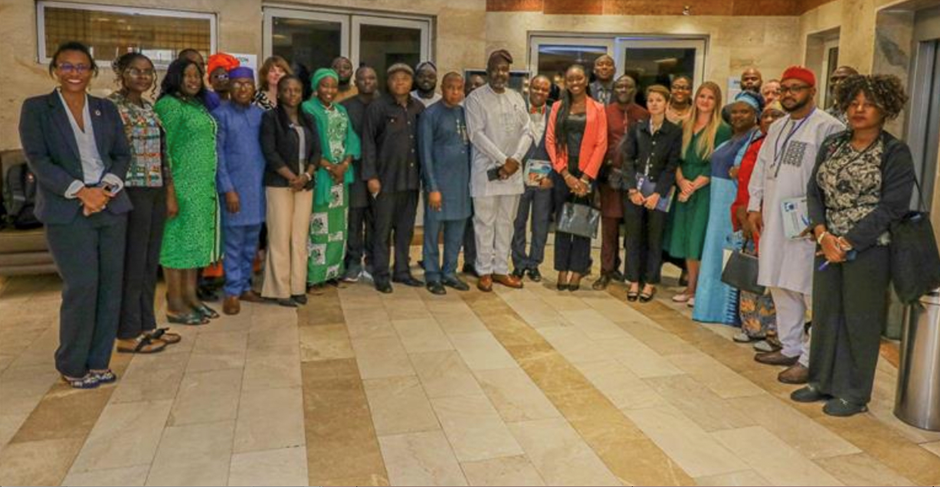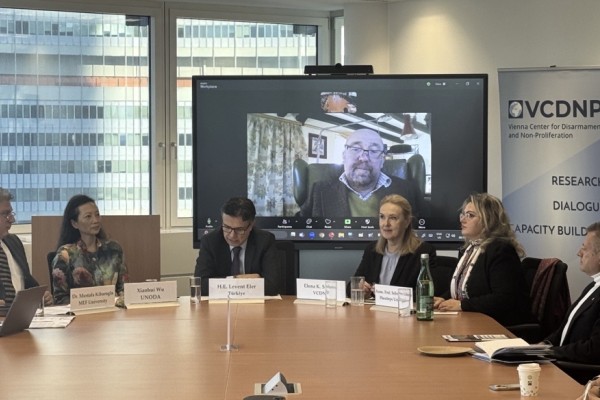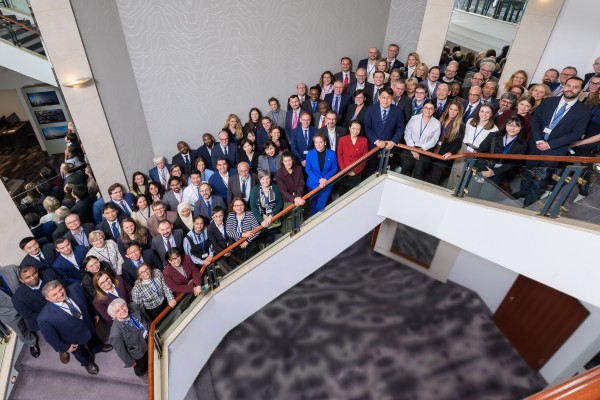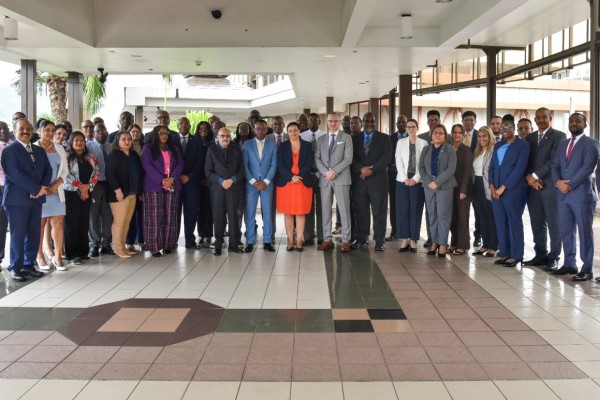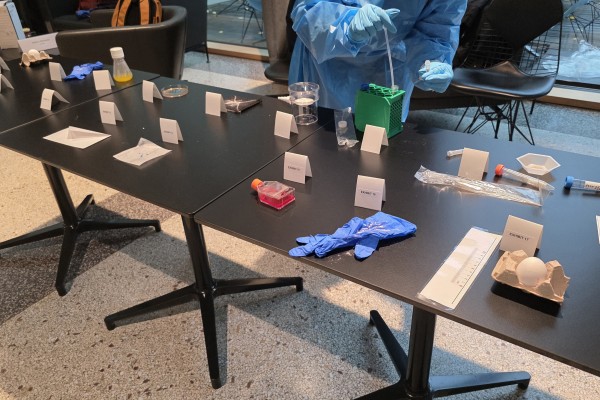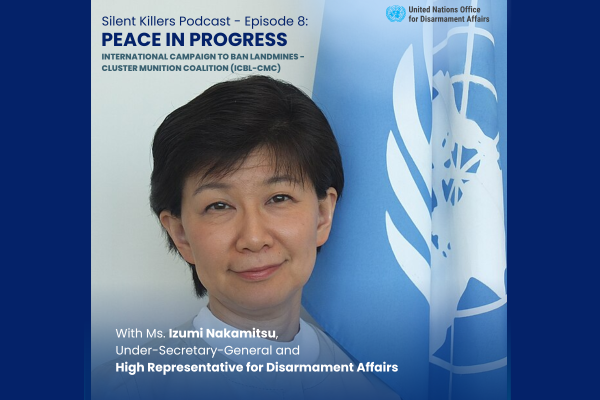West African countries joined forces to advance gender-responsive arms control at a Regional Strategic Workshop
Abuja, Nigeria, 6–7 August 2025
Co-organized by UNREC and ECOWAS, the workshop aimed to raise awareness and strengthen national capacities to design and implement gender-sensitive arms control initiatives. Over 40 participants—including 20 women—from 12 ECOWAS Member States attended, alongside representatives from ECOWAS Commission (Political Affairs, Peace and Security; Gender; Early Warning), WAEMU, the EU, and UN entities (UN Women, UNODC, UNMAS, UNOWAS, UNICEF, and the Nigeria Resident Coordinator’s Office). Civil society actors such as SAS, MAG, Halo Trust, WANEP, WAANSA, and IANSA also contributed actively.

The workshop was opened by senior officials from ECOWAS, UNODA, the UN in Nigeria, NCCSALW, the Nigerian Police, and the EU, who emphasized the urgency of tackling illicit small arms in West Africa through gender- and youth-responsive approaches.
Discussions linked the Women, Peace and Security (WPS) agenda to arms control, highlighting the disproportionate impact of illicit weapons on women and girls—including gender-based violence, human rights violations, and feminicide—as well as women’s roles in trafficking and terrorism. Resolution 2242 (2015) was recalled, urging preventive measures.
Participants reviewed the ECOWAS Convention and welcomed the Regional Action Plan on Gender-Responsive Arms Control, urging its swift implementation with international support.
Liberia, Niger, Nigeria, Togo, and Sierra Leone shared national experiences during a panel discussion, highlighting the need for inclusive approaches, improved sex- and age-disaggregated data, and stronger State–CSO collaboration. Youth engagement was emphasized, with calls for enabling their active role in disarmament.
Participants stressed regional knowledge-sharing, capacity-building, and international support for gender-responsive arms control and youth inclusion. Key recommendations included swift implementation of ECOWAS’s gender and arms control action plan and development of operational guidance on gender and SALW.
On the margins, the Director and Deputy to the High Representative for Disarmament Affairs, Adedeji Ebo, convened a roundtable with 17 NGOs, who underscored their role in bridging policy and community, monitoring legal frameworks, adapting instruments to local contexts, and advancing youth and women’s participation in decision-making.
The roundtable emphasized youth and women as key peacebuilding agents. While challenges to CSO participation in disarmament were noted, discussions focused on opportunities to enhance their role: (i) localizing international and regional legal instruments, (ii) using science and technology for arms control, and (iii) promoting youth and women’s inclusion in decision-making.

Panel discussions with West African countries Liberia, Sierra Leone, Niger, Togo , Nigeria facilitated by WAEMU during the Regional Strategic Workshop on “gender mainstreaming in small arms control in West Africa” in Abuja, Nigeria, on 7 August 2025
